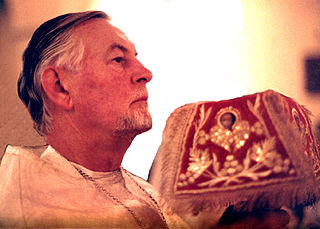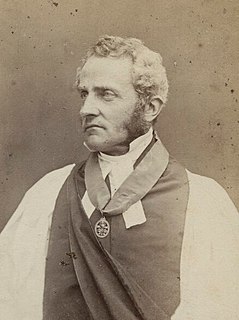A Quote by Larry Hurtado
I offer early Christianity as a case-study to show that the phenomena that we group under "religion(s)" comprise a somewhat artificial category, and that "religions" are not "all the same."
Related Quotes
RELIGION is one's opinion and belief in some ethical truth. To be a Christian is to have the religion of Christ, and so to be a believer of Mohammed is to be a Mohammedan but there are so many religions that every man seems to be a religion unto himself. No two persons think alike, even if they outwardly profess the same faith, so we have as many religions in Christianity as we have believers.
All religions are not the same. All religions do not point to God. All religions do not say that all religions are the same. At the heart of every religion is an uncompromising commitment to a particular way of defining who God is or is not and accordingly, of defining life's purpose.
Anyone who claims that all religions are the same betrays not only an ignorance of all religions but also a caricatured view of even the best-known ones. Every religion at its core is exclusive.
For a time it seemed inevitable that the surging tide of agnosticism and materialism would sweep all before it. There were those who did not dare utter what they thought. Many thought the case hopeless and the cause of religion lost once and for ever. But the tide has turned and to the rescue has come - what? The study of comparative religions. By the study of different religions we find that in essence they are one.
I have always marveled that so many religions exact such revenge against dissenters. It only weakens the appeal of their faith and contradicts any claims they might have made that 'all religions are basically the same.' If all religions were indeed the same, why not let someone be 'converted' to another religion?
Christianity is not a religion. Christianity is the proclamation of the end of religion, not of a new religion, or even of the best of all religions. If the cross is the sign of anything, it's the sign that God has gone out of the religion business and solved all of the world's problems without requiring a single human being to do a single religious thing. What the cross is actually a sign of is the fact that religion can't do a thing about the world's problems - that it never did work and it never will
The fault with all religions like Christianity is that they have one set of rules for all. But Hindu religion is suited to all grades of religious aspiration and progress. It contains all the ideals in their perfect form. For example, the ideal of Shanta or blessedness is to be found in Vasishtha; that of love in Krishna; that of duty in Rama and Sita; and that of intellect in Shukadeva. Study the characters of these and of other ideal men. Adopt one which suits you best.






























